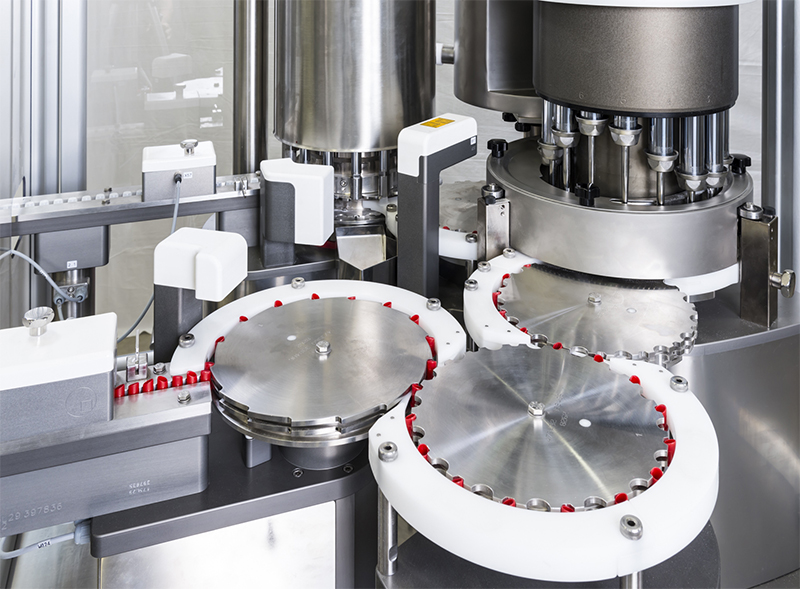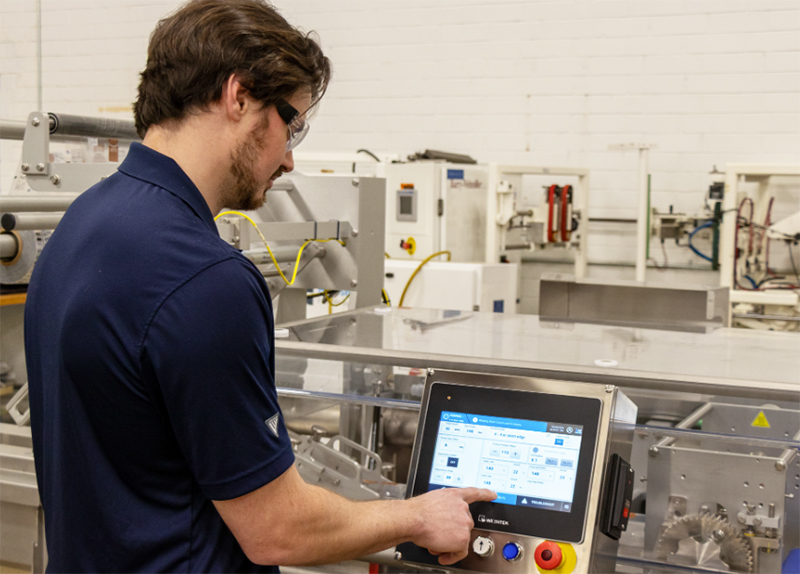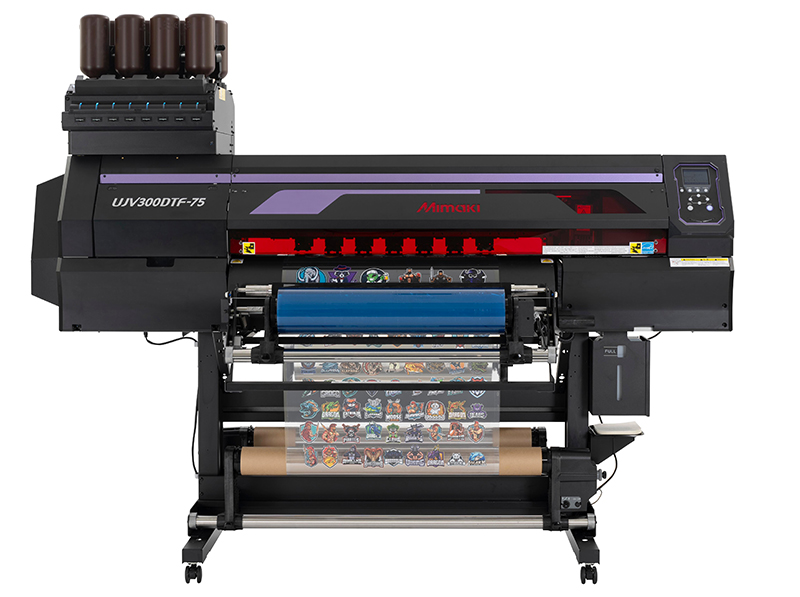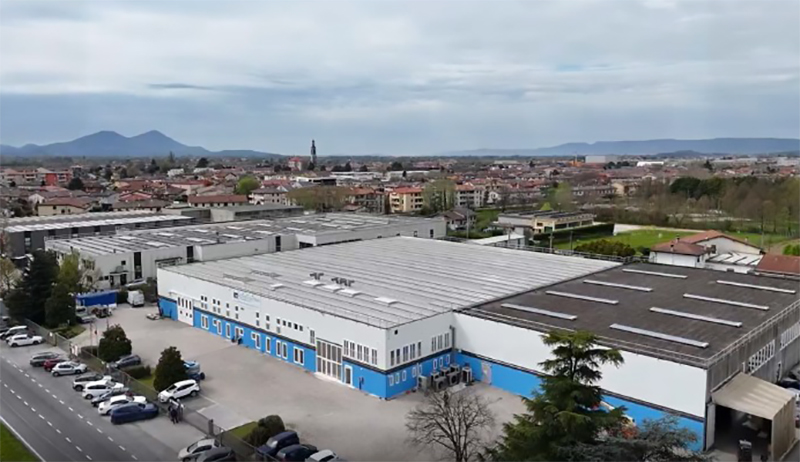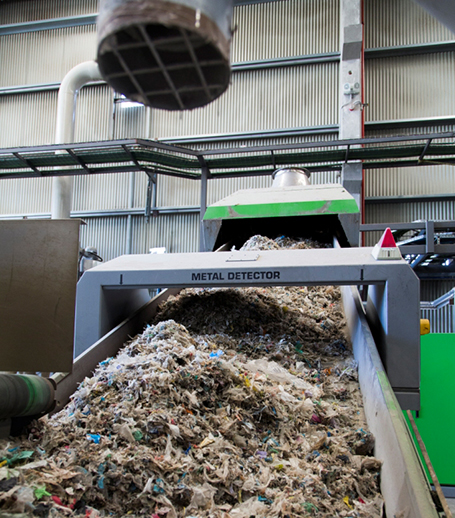
Ineos and Petroineos partner with Plastic Energy to recycle plastic
posted Monday 20 December 2021
Ineos Olefins & Polymers Europe and Plastic Energy announced that they are working together on a trial to convert ‘hard to recycle plastic material’, such as flexible packaging, back into ‘food-grade’ quality plastic for use in food packaging, and other high hygiene standard applications. The companies have come together to launch a preliminary trial in Q1-2022 at the Ineos Grangemouth facility in Scotland.
This preliminary trial and the evolution of the policy environment in the UK will inform the development of a large-scale advanced recycling plant, which aims to be the first of its kind in the UK.
Ineos Olefins & Polymers Europe and Plastic Energy have a shared goal to create a world class circular economy value chain in advanced recycling, driving circularity to create the next generation of food-grade recycled content packaging. Plastic Energy uses its advanced recycling process to convert post-consumer plastic, otherwise destined for landfill or incineration, through a pyrolysis process, into a liquid raw material (called Tacoil) for re-use in the next generation of plastic production. Tacoil is used as a replacement for fossil derived materials, to make food-grade and/or medical grade plastics. The trial will take place in partnership with Petroineos at Grangemouth. It will use the existing refinery operations to process the Tacoil supplied by Plastic Energy, which already operate two recycling plants in Spain. Plastic Energy’s technology allows for the improvement in circularity of highly demanding labelling, and packaging applications, such as chocolate bars, snacks and biscuits, pet and dry food. The new project is complementary to the existing use of mechanically recycled plastic in Ineos Recycl-IN range of products.
Petroineos will supply the recycled raw material to Ineos Olefins & Polymers Europe to be transformed into Certified Circular plastic with the identical properties expected of conventional plastics made from oil and gas. The partners recognise the need for collaboration to make such innovations sustainable at scale – in the spirit of “SDG#17 Partnerships for the Goals”, each partner contributes complementary skills and expertise that together create the circular value chain.
All rights reserved except agreement written by Emballage Digest or mention of the magazine







